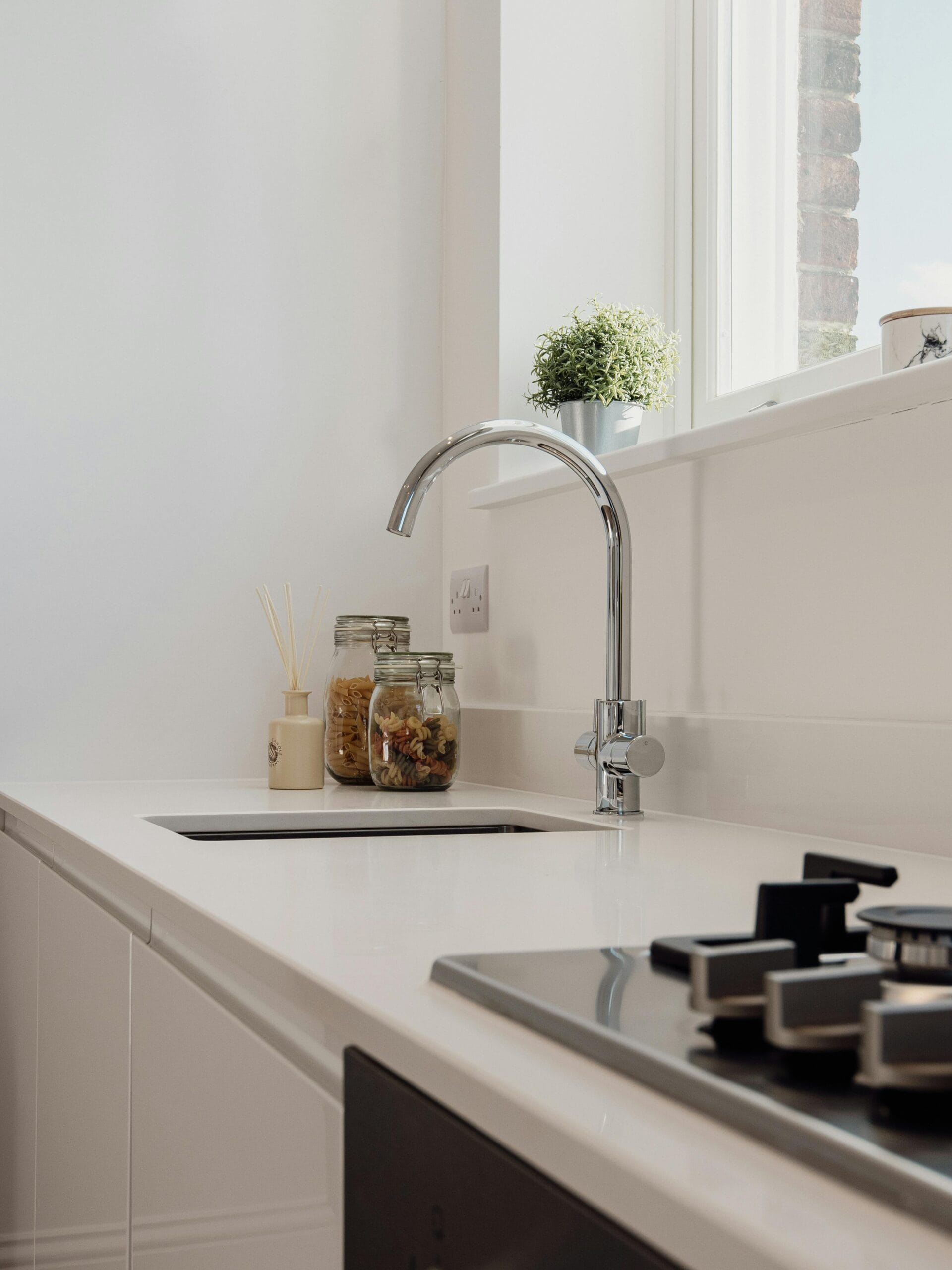Have you ever wondered what truly defines the right price for your property in a competitive real estate market? Setting the right price for your home can be the critical factor that leads to a successful sale. Pricing your property effectively not only attracts potential buyers but also ensures you receive a fair return on your investment.

CLICK HERE TO CHAT WITH AN EXPERT!
Understanding the Importance of Pricing
When it comes to selling a home, price serves as a powerful magnet. An accurate price can generate more interest, lead to multiple offers, and ultimately help you sell your property faster. Conversely, pricing your home incorrectly may result in extended time on the market and potential price reductions, which can deter buyers and create the perception that something is wrong with the property.
The Impact of Market Conditions
Before you set a price, it is crucial to understand the current market conditions. Real estate markets can vary significantly. They can be categorized as:
| Market Condition | Description |
|---|---|
| Seller’s Market | High demand and low inventory, often leading to competitive offers. |
| Buyer’s Market | High inventory and lower demand, causing prices to stagnate or decrease. |
| Balanced Market | Supply and demand are relatively equal, resulting in stable prices. |
Your local market dynamics will heavily influence how you should price your home. Engaging with a real estate agent who understands these nuances can provide invaluable insights.
Conducting a Comparative Market Analysis (CMA)
One of the first steps in determining the right price for your property is conducting a Comparative Market Analysis (CMA). A CMA involves evaluating properties similar to yours that are currently on the market or have sold recently.
Selecting Comparable Properties
When selecting properties for the CMA, consider factors such as:
- Location: Similar neighborhoods or areas within close proximity.
- Size: Comparable square footage, number of bedrooms, and bathrooms.
- Condition: Properties that are similarly maintained or have undergone renovations.
- Features: Similar amenities such as pools, garages, and landscaping.
A thorough understanding of these aspects allows you to extract meaningful insights from your analysis.
Analyzing the Data
After gathering data about comparable properties, analyze the following:
| Metric | Importance |
|---|---|
| List Price | The initial asking price of similar properties. |
| Sold Price | The final selling price, which often reflects market demand. |
| Days on Market | How long similar properties took to sell. |
These metrics provide a clearer picture of where your property might fit within the market.

CLICK HERE TO CHAT WITH AN EXPERT!
Consulting Real Estate Professionals
Whether you are selling for the first time or are an experienced seller, consulting with a real estate agent is critical. A skilled agent will have marketplace knowledge, negotiation skills, and industry connections.
Why Choose an Experienced Agent?
An experienced real estate agent can assist you in several ways:
- Pricing Strategy: They will provide an accurate valuation based on market conditions and the CMA.
- Marketing Plan: They will craft a strategy tailored to highlight your property’s strengths.
- Negotiation Expertise: They will advocate for your interests and secure the best possible price and terms.
A professional agent provides insight that can lead to a smoother selling experience.
Evaluating Your Home’s Unique Features
As a seller, your property has distinctive qualities that may justify a higher price point. Identify these features and consider how they align with buyer priorities.
Key Features to Highlight
Take the time to pinpoint what sets your home apart:
- Upgrades and Renovations: Highlight any recent updates, such as a remodeled kitchen or bathroom.
- Curb Appeal: A well-landscaped exterior can greatly affect buyer perception.
- Energy Efficiency: Energy-efficient appliances and windows can be attractive selling points.
- Location Advantages: If your home is situated near excellent school districts, parks, or public transport, emphasize these advantages.
These distinguishing features not only enhance your home’s appeal but can also support a higher asking price.

Understanding Buyer Psychology
When pricing your home, it helps to understand buyer psychology. Buyers often perceive prices in psychological terms, which can influence their willingness to purchase.
The Power of Pricing Strategies
Consider the following pricing strategies:
| Strategy | Description |
|---|---|
| Charm Pricing | Ending prices in .99 or .95 can feel more appealing to buyers. |
| Competitive Pricing | Pricing slightly below the average can attract more interest. |
| Prestige Pricing | Pricing higher can communicate quality, often used in luxury markets. |
Your pricing strategy should ultimately align with market conditions and buyer expectations.
Implementing Dynamic Pricing
As the market fluctuates, your pricing strategy may require adjustments. Dynamic pricing involves remaining flexible and responsive to market changes.
Monitoring Market Trends
This approach requires you to stay informed on:
- Market Activity: Track how long similar properties are staying on the market and any changes in pricing trends.
- Feedback from Showings: Monitor potential buyers’ feedback after showings to determine how your property is perceived.
- Economic Indicators: Stay informed about larger economic factors that could influence buyer behavior.
By keeping a pulse on these elements, you can make informed adjustments to your pricing strategy to better align with the market.
Preparing Your Home for Sale
Before pricing your home, it is vital to ensure it is presented in its best light. Staging and maintenance play a significant role in price perception.
Staging Your Home
Effective staging can transform your home and make it more appealing to prospective buyers. Consider these tips:
- Declutter: Remove personal items and excess furniture to create an open space.
- Clean: A thorough cleaning enhances the perception of quality.
- Paint: Freshening up walls with neutral colors can attract a broader audience.
These changes can significantly impact buyers’ perceptions and help justify your asking price.
Timing Your Sale
Timing can be an essential aspect of pricing. Knowing when to sell can influence potential offers.
Seasonal Considerations
Certain seasons may yield more activity in the real estate market. For example:
- Spring and Summer: Typically more favorable seasons with increased buyer activity.
- Fall and Winter: Often quieter, and buyers may have fewer choices.
Aligning your sale with peak seasons can enhance your chances of getting the desired price.
Considering the Cost of Selling
One essential aspect of pricing your home is understanding the costs associated with the selling process. These costs should be factored into how you price your property.
Breakdown of Selling Costs
| Cost Type | Estimated Percentage of Sale Price |
|---|---|
| Real Estate Agent Commission | Typically 5-6% of the sale price. |
| Closing Costs | Can range from 2-5% of the sale price. |
| Repairs and Updates | Varies significantly based on home condition. |
By accounting for these costs, you can set a price that aligns with your financial goals.
Conclusion: Setting the Right Price
Arriving at the right price for your property takes careful consideration. A price that reflects market conditions, highlights your home’s unique features, and aligns with buyer psychology is critical. By utilizing tools like a comparative market analysis, consulting with real estate professionals, and understanding both the costs and benefits of selling, you can establish a strategic pricing plan.
Ultimately, achieving the right price for your property can lead to a smoother selling experience and greater satisfaction with your overall transaction. By being proactive and knowledgeable, you position yourself not only to sell successfully but also to maximize your financial return.
